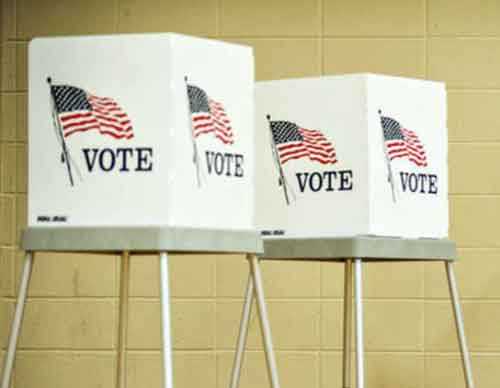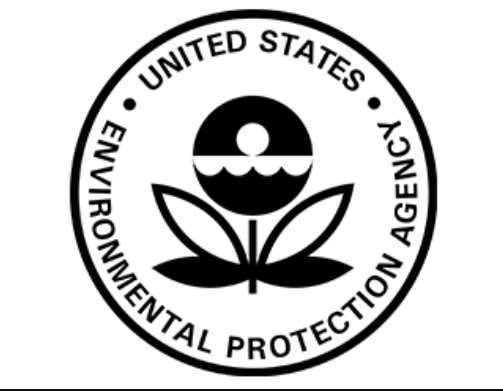A little over an hour after Pres. Obama gave a speech in the Rose Garden challenging Congress to repeal billions of dollars in tax breaks for "Big Oil," the Senate went against his wishes and voted down legislation authored by Sen. Robert Menendez (D-NJ) that would've done just that.
Lawmakers struck down the bill in a vote of 51 – 47, the bill needed 60 votes to pass. The bill was voted largely on party lines, with the exception of two Maine Republicans, Senators Susan Collins and Olympia Snowe, who crossed party lines to vote to repeal the tax breaks. They were outdone however, when four Democrats voted against the bill. Alaska’s Senator Mark Begich was one of those four. The other three were Mary Landrieu of Louisiana, Ben Nelson of Nebraska, and Jim Webb of Virginia.
The failure of the bill came as no surprise, a similar bill voted on last May, also failed, that bill failed on a vote of 52 – 48. Monday, Senate Republicans voted to allow debate on the bill even though they were opposed to the Menendez plan. They did so in an effort to get Senate to consider a handful of GOP amendments, among them a proposal to expand offshore oil and gas leasing. But, Senate majority leader Harry Reid of Nevada cut the debate short.
Gone with the failed bill are extensions for tax incentives for renewable power projects electric cars energy-efficient homes and biofuels production.
Menendez branded the oil industry tax breaks as ” insanity,” he said that the money would’ve been better spent providing alternatives to oil. Menendez stated “It is time we stop trusting Big Oil to do the right thing with our money, and use it for things that actually makes sense.”
Although repealing the tax breaks for Big Oil would have done little if anything to address fuel prices, the Democrats saw the tax breaks unnecessary and unneeded at a time of soaring fuel costs.
Rising gas prices at the pump were also the subject at an energy and natural resources committee hearing today. Where Senator Lisa Murkowski made an opening statement, where she said:
“It’s true that many factors are driving up fuel costs for Americans. Some are beyond the control of the President and the Congress. But others, we can influence. We can influence pipeline capacity, by approving them on a timely basis. We can influence whether refineries stay in business, by virtue of the regulations we apply to them. We can influence the value of the dollar and tax rates on the production, delivery and use of fuel.
“Most importantly, the federal government controls access to millions of acres of federal lands with oil potential. Of all the factors I’ve just listed, access is the only factor that this committee has direct jurisdiction over. Our decisions help determine whether companies have access to the Outer Continental Shelf, the non-wilderness portion of ANWR, and much of the Rocky Mountain West. So if I seem eager to focus on access to federal lands and waters, it’s because that is the area where we have the most direct authority to help.
“I believe quite strong that supply and demand matter – not just one or the other. We are the world’s number three producer, and the world’s number one consumer, of oil. Our production is rising on state and private lands; the question no one is asking is what the price of oil would be if that was not happening. In my mind, there’s no doubt it would be higher – the pain at the pump would be worse.”








